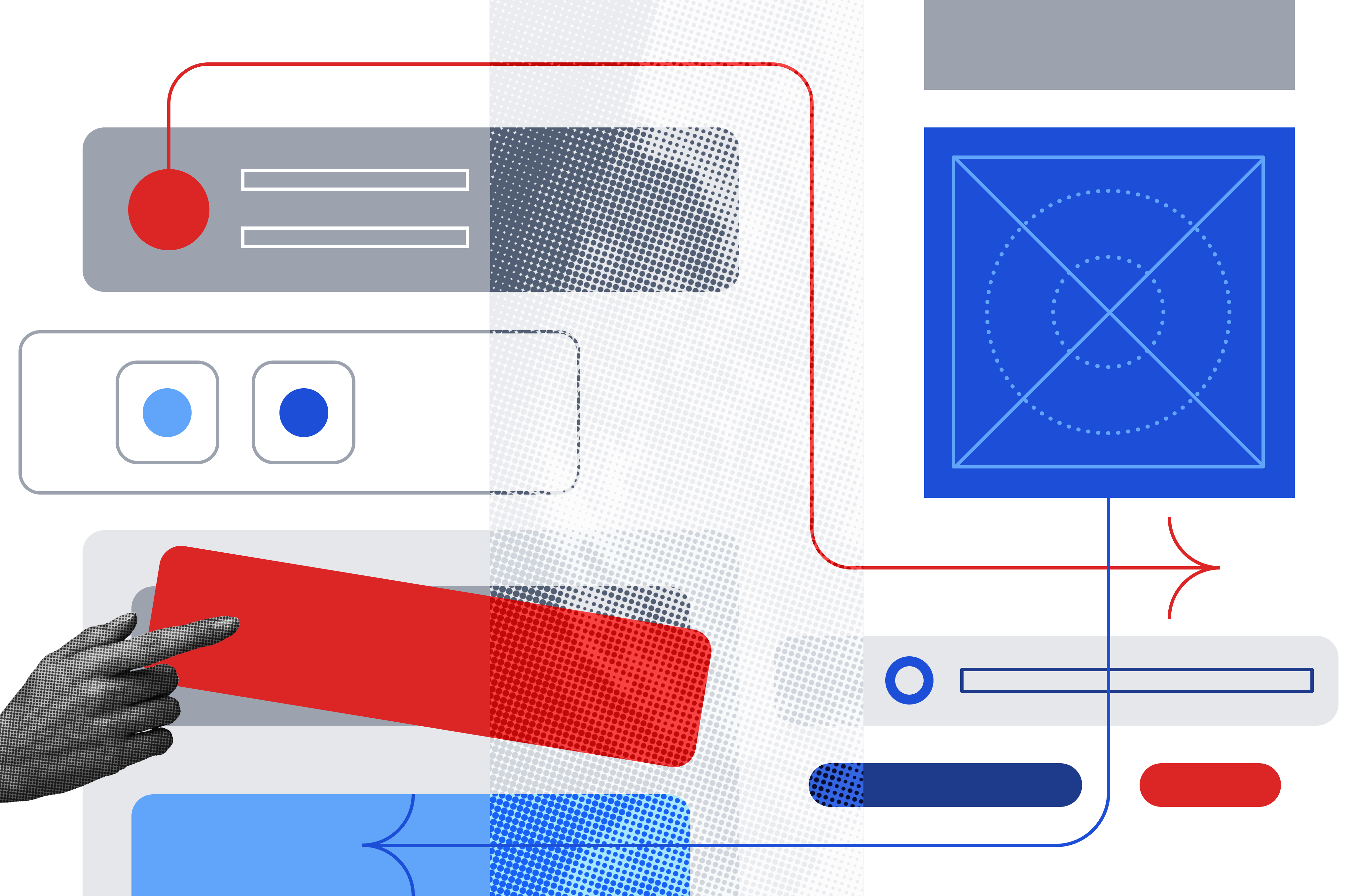Trusted by the world's leading universities and enterprises

Building trust through data protection with OpenAI
We understand that privacy and security are top concerns when using our AI features. That's why we are committed to safeguarding your data through rigorous protections and are fully transparent about how we leverage the power of OpenAI's GPT models. Our multi-layered security approach provides peace of mind knowing your data is in good hands.
Our approach to data protection
FAQ






